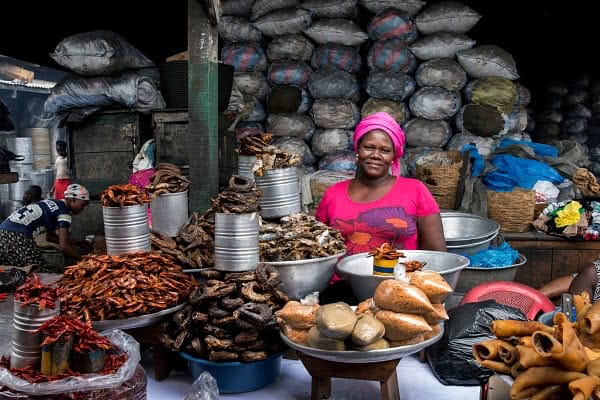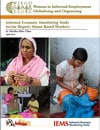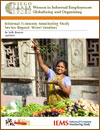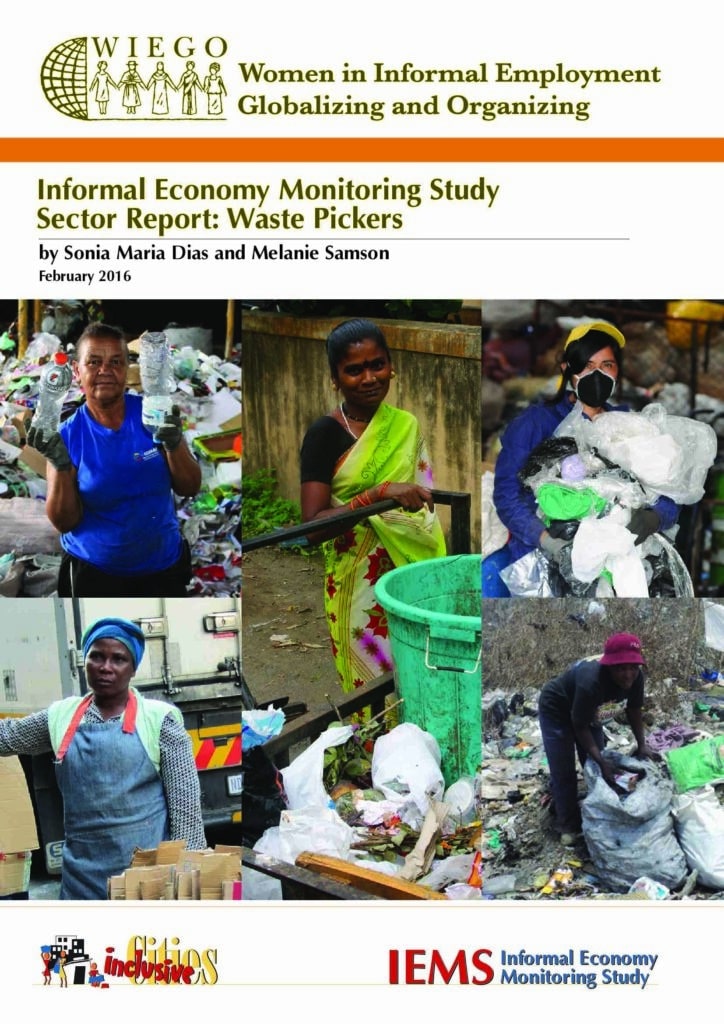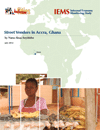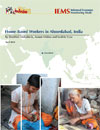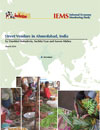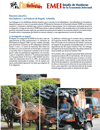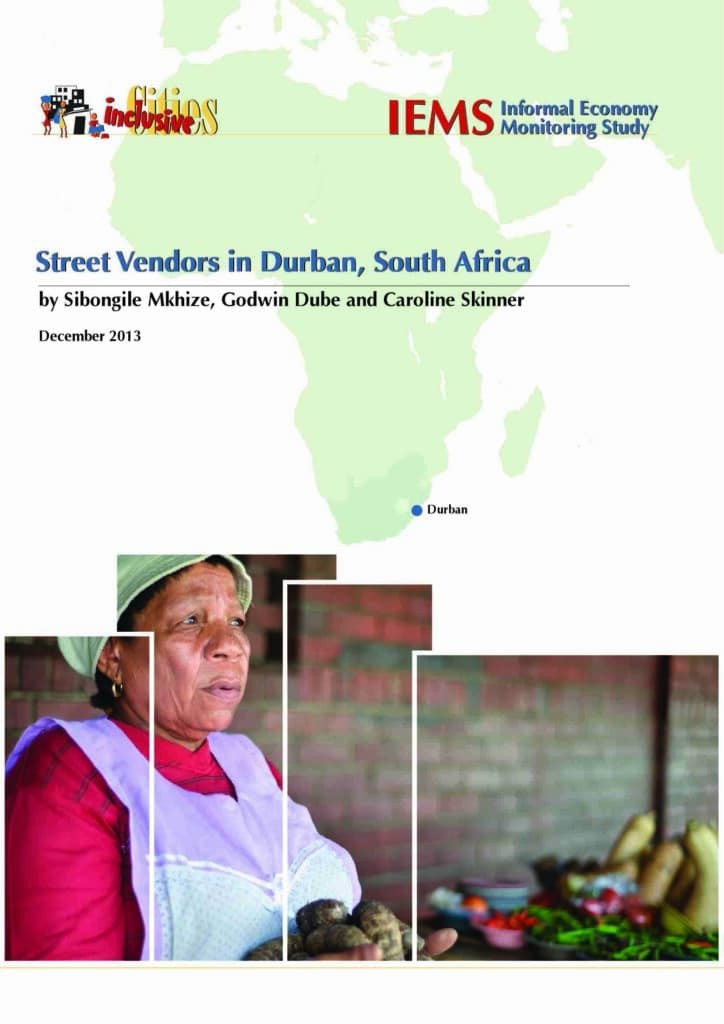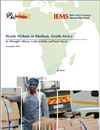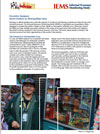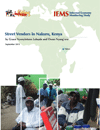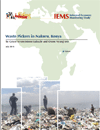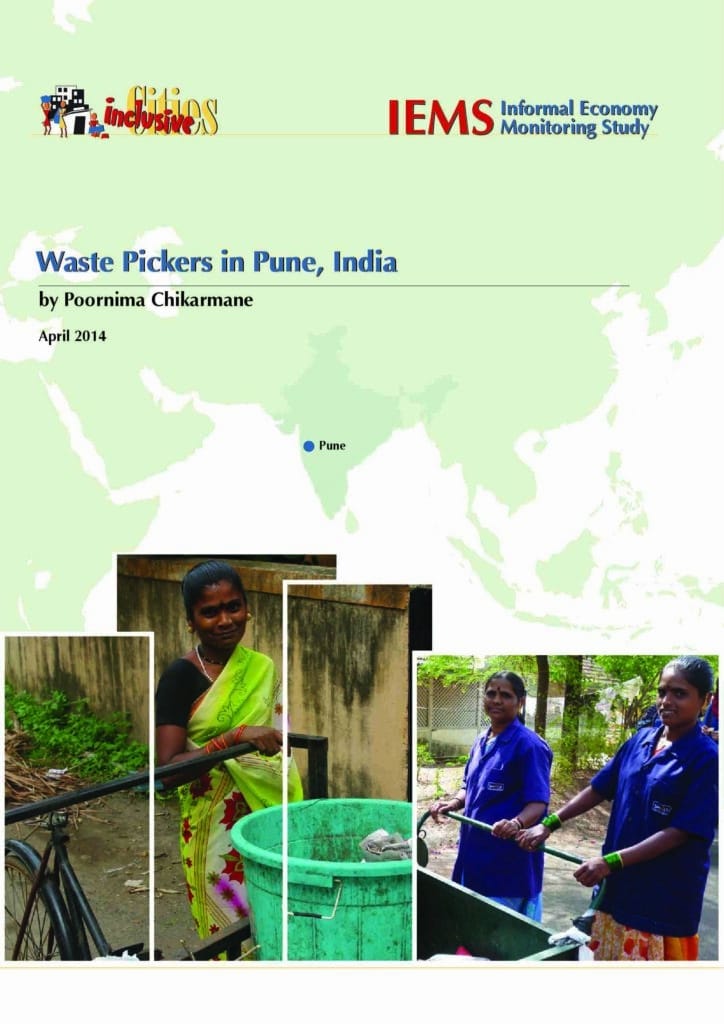A 10-city study across three continents offers rich insights into the lives of workers in informal employment, including their contributions, challenges and how governments and other players help and hinder their work.
In 2012, WIEGO launched the Informal Economy Monitoring Study to understand how home-based workers, street vendors and waste pickers are affected by economic trends, urban policies and practices, value chain dynamics, and other economic and social forces. The study examined contributions made by workers, their linkages to the formal economy, and which governments, institutions and membership-based organizations helped or hindered their work and lives.
Coordinated by WIEGO, study partners included: Asiye eTafuleni (South Africa), Asociación de Recicladores de Bogotá (ARB) (Bogota), Consorcio de Investigación Económica y Social (CIES) (Peru), FEDEVAL (Peru), HomeNet Pakistan, Instituto Nenuca de Desenvolvimento Sustentável de Belo Horizonte (INSEA/BH) (Brazil),; Institute of Statistical, Social and Economic Research (ISSER) (Ghana), Kagad Kach Patra Kashtakari Panchayat (KKPKP) (India), Kenya National Alliance of Street Vendors and Informal Traders (KENASVIT) (Kenya), Self-Employed Women’s Association (SEWA) (India), and StreetNet Ghana Alliance.
Project Activities
Undertaking qualitative and quantitative research with workers across 10 cities
Research methods were designed in 2011-2012 and research involving focus groups and surveys was undertaken in 2012. Participants took part in a data analysis training workshop in South Africa, and worked on analyzing data and advocacy strategies.
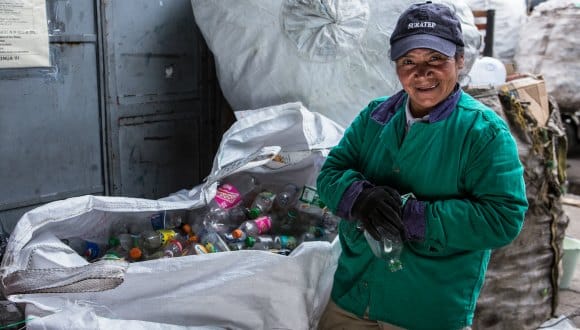
Sector Reports:
City Reports:
Policy advocacy and impact
The study’s findings were disseminated in the 10 cities to planning authorities, institutions involved in employment programmes, and academic institutions. Advocacy tools, based on the findings, were prepared for the worker organizations, equipping them to engage with authorities whose decisions impact their members' lives and livelihoods.
IEMS Handout
Informal Economy Monitoring Study: Action Research and Concrete Outcomes
Read More